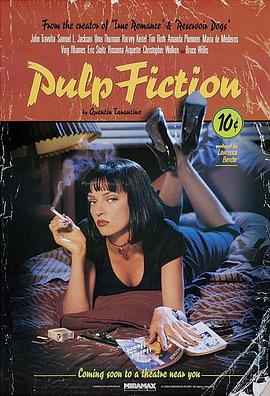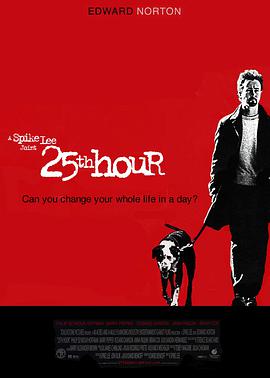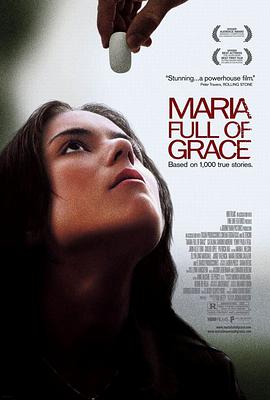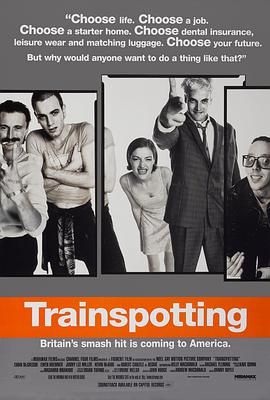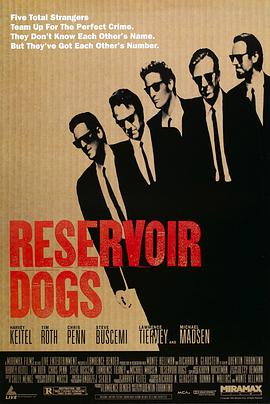低俗小说 (1994) TMDB IMDb Eggplant.place 豆瓣 Min reol 维基数据
Pulp Fiction
8.9 (2036 个评分)
导演:
昆汀·塔伦蒂诺
演员:
约翰·特拉沃尔塔
/
乌玛·瑟曼
…
其它标题:
Pulp Fiction
/
危险人物(港)
…
《低俗小说》由“文森特和马沙的妻子”、“金表”、“邦妮的处境”三个故事以及影片首尾的序幕和尾声五个部分组成。看似独立的小故事里面,却又有环环相扣的人和事。
盗贼“小南瓜”和“小兔子”在早餐店里打劫,却遇上了天大的麻烦——黑社会成员朱尔斯(塞缪尔•杰克逊Samuel L. Jackson饰)和文森特(约翰•特拉沃尔塔John Travolta饰)在店内用餐,可谓天外有天。二人是否会放过两名小盗贼?
而文森特是黑社会大哥马沙•华莱士(文•瑞姆斯Ving Rhames饰)的手下,马沙下命令让他陪妻子一个晚上,明知如有雷池必死无疑,但面对马沙妻子美艳诱惑,文森特该怎么办。
文森特的故事还没完,拳击手布奇(布鲁斯•威利斯Bruce Willis饰)的出现将令他的人生从此改变。布奇有一块祖传金表,就是因为这块金表,他和马沙分享了一个耻辱的秘密。
故事环状结构,回到开端。朱尔斯在小盗贼面前诵读圣经,表示对杀人的厌倦和感悟。什么事件令他如此转变?“邦妮的处境”中就有答案。
盗贼“小南瓜”和“小兔子”在早餐店里打劫,却遇上了天大的麻烦——黑社会成员朱尔斯(塞缪尔•杰克逊Samuel L. Jackson饰)和文森特(约翰•特拉沃尔塔John Travolta饰)在店内用餐,可谓天外有天。二人是否会放过两名小盗贼?
而文森特是黑社会大哥马沙•华莱士(文•瑞姆斯Ving Rhames饰)的手下,马沙下命令让他陪妻子一个晚上,明知如有雷池必死无疑,但面对马沙妻子美艳诱惑,文森特该怎么办。
文森特的故事还没完,拳击手布奇(布鲁斯•威利斯Bruce Willis饰)的出现将令他的人生从此改变。布奇有一块祖传金表,就是因为这块金表,他和马沙分享了一个耻辱的秘密。
故事环状结构,回到开端。朱尔斯在小盗贼面前诵读圣经,表示对杀人的厌倦和感悟。什么事件令他如此转变?“邦妮的处境”中就有答案。
